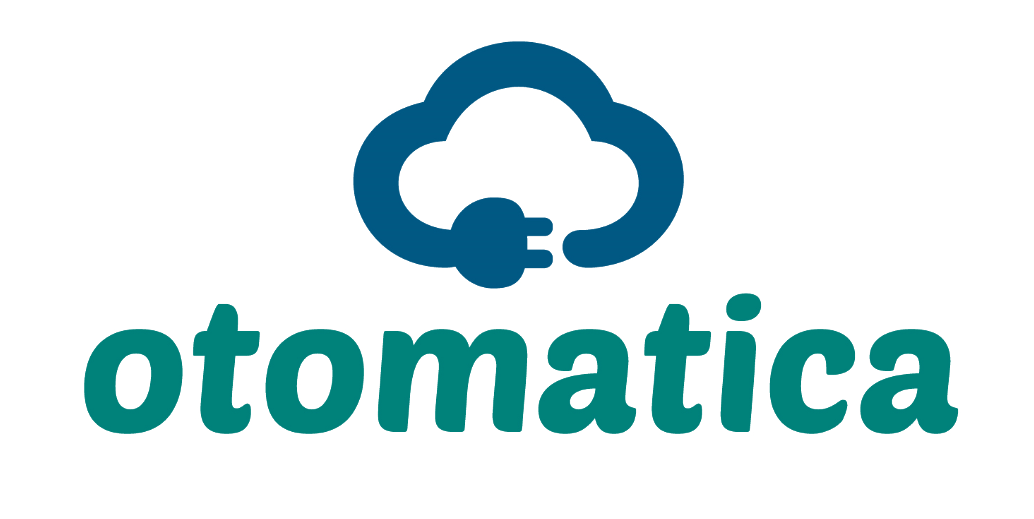
One of my colleagues who is an IT Manager asked my opinion a few years ago about one of the projects he was managing. He mentioned that his organization was negotiating with companies that provides many collocation services, in order to lease a disaster data center location. They were able easily to judge the compliance on requests such as security, network, white space arrangement and operation. On the other hand, there was no clear control criteria regarding the electromechanical infrastructure and most of the candidates they were interested in were at a similar Tier level. How would they distinguish the performance of the physical infrastructures of several candidates in practice?
At first glance, I considered to recommend evaluating all sites’ electromechanical systems, topologies, and a comparative control; however, this would require both a long and detailed study and would not fully reflect the implementation and operation performance of the site. After thinking for some time about how the most practical and quickest control could be achieved in both the design and site implementation stages and regarding the existing operation, the “Testing and Commissioning Logs” came to my mind.
I explained to my colleague that he should request from each candidate these Testing and Commissioning records and then how he should determine the criteria that need to be asked and controlled based on these records. The next time we met he thanked me and said that they could easily distinguish the gaps between the critical infrastructure performance in candidate selection.
Rather than explaining how this simple and effective control can be performed, in this article I will discuss the Testing and Commissioning process and its importance in data center infrastructure and operation.
A data center facility offers collocation service with physical security to enable Information Technology hardware items to provide service at high performance and high business continuity. As high business continuity is the main criteria, the data center infrastructure, particularly the critical power and cooling systems, are up and running after data center production starts providing service and never stops unless a major error is made. There is no such thing as “let’s give a break for one day and switch off the IT hardware” to maintain the power or cooling system. Otherwise, the critical infrastructure turns into an idle investment that fails to reach its objective.
Considering that a facility claiming to offer such high business continuity will maintain this process uninterruptedly for 20-40 years, the importance of guaranteeing such performance before the facility starts to provide service (during production) can be understood more easily. This is the main difference between data center critical facilities and other facilities. A data center that has not undergone a Testing and Commissioning process is not reliable. A data center that has successfully completed the Testing and Commissioning process should be able to proudly provide these logs to its customers and use this information as reference during the operation process.
The testing and commissioning process starts at the design stage in data center projects and lasts until the operation stage. Each stage is passed when the required performance tests are performed, logged
and approved by the technical committee in a hierarchical way. As an error during implementation will lead to major difficulties or impossibilities during the 20-40 years of the data center operation, the results of the test steps should be objectively assessed by specialists expressing opinions on behalf of multiple disciplines. The tests conducted by Uptime Institute or other supervisory organizations are not a substitute for these tests.
Therefore, the prime contractor, subcontractors and project management companies selected for the construction of the data center are required to have testing and commissioning units and teams. Otherwise, the investor will face difficulties in achieving its business objectives. Each data center project will be completed as long as funds are provided. However, if a design, implementation, and operation stage is completed without testing and commissioning, that data center will be operated with higher resources and higher risks. Business continuity issues will happen frequently. Although the main objective of the testing and commissioning process is not complete technical acceptance of the project, it can be used as a reference for acceptance.
The main objective of the process is to provide a live testing area to the technical staff who will be in charge of operating the data center, in order to give them the opportunity to experience that all operation conditions have been met without the risk of switching off critical load. By defining all the standard operations, the core team that witnesses this process will determine the operation rules, procedures, and policies by testing them without starting live operation. Therefore, successful completion of the testing and commissioning processes is the most practical indication of the quality of the implementation and operation processes.
If you are the manager in charge of the data center infrastructure of an organization and prefer to face the facts rather than live with risks, my advice for you would be to examine the fingerprint of your corporate or outsourced data center. You should request an authorized person from the operation staff who was preferably involved in the testing and commissioning process, to explain these for one hour based on such process logs. This one hour will be one of the most valuable times that contributes to you and your career.


